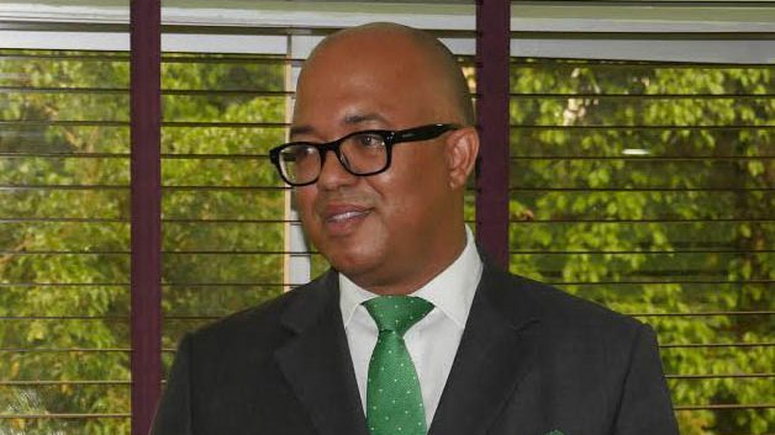The Federal Government has asked churches, mosques and other organisations operating in the country, whose activities were suspended as a result of the lockdown occasioned by the bid to check the spread of Coronavirus pandemic, to submit guidelines for their reopening.
Director General of the Nigeria Centre for Disease Control, Dr. Chikwe Ihekweazu, stated this, on Thursday, in Abuja, during the daily briefing of the Presidential Task Force on COVID-19.
READ ALSO: https://www.thexpressng.com/2020/05/22/military-alerts-on-movement-of-troops-equipment-in-kaduna/
Other organisations affected by the total lockdown on their businesses include restaurants, spas, barbing and hair dressing salons and bars.
Dr. Ihekweazu said the drafting of the guidelines was thrown back to the bodies because the government wants them to own the process.
He said, “This is what we’ve been advising every society, organisation, community, be it faith-based, cultural based, professionally based, to come up with guidelines for themselves.
“We are happy to advise and engage, but this needs to be led and owned by the leaders of those organisations.”
The NCDC DG added that every stakeholder in society needed to take responsibility of the part it owned and managed.
On testing in the country, he said the Federal Government would deploy 17 Gene Xpert machines next week.
The device, which is one of the most widely-used tuberculosis diagnostic tools in the world, has been deployed in some countries for conducting rapid COVID-19 tests.
Ihekweazu said, “We have about 400 Gene Xpert machines across the country. Not all of them are appropriate for COVID.
“We need those that have a safety cabinet where they are located. We also need those that are functional. Some of them have been around for quite a while.
“We have to prioritise, so we continue to do this. Seventeen of them are immediately ready for deployment in the first phase, which will start next week. I’m happy to announce that our first set of Gene Xpert cartridges will arrive in Nigeria on May 25.”
He added that there were criteria for deciding which state would get the machines first.
According to him, the primary recipients will be states without any laboratory at all, followed by states with high numbers of cases.
On the criteria for discharge of COVID-19 patients, Ihekweazu stated that the policy had been reviewed from two negative tests to one.
The NCDC DG also addressed concerns that the agency’s national database on COVID-19 cases and deaths did not reflect the mysterious deaths in Kano State, which are still under investigation.
Last month, hundreds were said to have died in strange circumstances within two weeks.
Ihekweazu said, “In terms of adding the deaths in Kano to our national database, our national database, at the moment, is based on biologically confirmed cases, that is, cases confirmed on PCR (polymerase chain reaction).
“Once the results of the Kano study are completely verified, we will note them but we will not include them in our database because of the difference in methods in estimating the number of people infected and have died in that particular context.”
He also advised Nigerians to accept the fact that COVID-19 is real.
He said, “An issue that has led to a bit of conversation and consternation in some places are visuals of people in treatment centres in relative comfort, and the anxiety that has led to discussions, comparing those images to the images we also see on TV of very severe cases in different parts of the world.
“This is an imagery we don’t want to see in Nigeria, but if we have to, we will deal with it. It’s always important to remind people of the full spectrum of clinical presentation we see with this new virus.
“We see a new disease that, in 80 per cent of cases, people are mildly or completely asymptomatic, i.e. they don’t have any symptoms at all. Under normal circumstances, there won’t be any reason for these people to be in hospitals and isolated.”
While explaining that isolation was to prevent transmission to others, the NCDC boss noted that many countries carried out a similar policy when the outbreak first started.
He stated, “They treated all the severe cases in hospitals and isolated every single person that was infected in temporary isolation centres, some of which you saw being built in two weeks.
“In other countries in the world, in Germany, Western Europe, the US, they’ve made a decision to treat all asymptomatic or mildly symptomatic people at home. That’s a decision they have made in that context.


